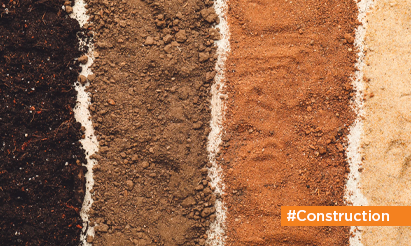Mastering the Mix: All You Need to Know about M20 Concrete Ratio and its Uses!
Here is the information about M20 concrete ratio:
M20 concrete ratio is a type of concrete mix that has a compressive strength of 20 N/mm2 at 28 days. It is a commonly used concrete mix for a variety of applications, including foundations, beams, columns, and slabs.
The components of M20 concrete mix are:
- Cement: Cement is the binding agent that holds the other components of concrete together.
- Sand: Sand is used to fill in the voids between the cement and aggregate.
- Aggregate: Aggregate is the coarse material that gives concrete its strength.
- Water: Water is used to hydrate the cement and make the concrete workable.
The ratio of cement, sand, and aggregate in M20 concrete mix is 1:1.5:3. This means that for every 1 part of cement, there are 1.5 parts of sand and 3 parts of aggregate. The water-cement ratio for M20 concrete mix is typically between 0.4 and 0.6.
The compressive strength of M20 concrete mix is typically between 20 and 25 N/mm2 at 28 days. However, the actual compressive strength of M20 concrete mix can vary depending on the quality of the materials used and the mixing and curing conditions.
If you are using M20 concrete mix for a project, it is important to follow the manufacturer’s instructions carefully to ensure that the concrete is mixed and cured properly. This will help to ensure that the concrete reaches its full strength and performs as expected.
Here are some additional information about M20 concrete ratio:
- The M20 designation refers to the compressive strength of the concrete at 28 days. In other words, a 20-MPa concrete is expected to have a compressive strength of 20 megapascals (2900 psi) after 28 days.
- The 1:1.5:3 ratio of cement, sand, and aggregate is a nominal ratio, which means that it is an approximate ratio that may vary depending on the specific materials used.
- The water-cement ratio is the ratio of the weight of water to the weight of cement in the concrete mix. A lower water-cement ratio will result in a stronger concrete, but it will also be more difficult to work with.
- The compressive strength of concrete is affected by a number of factors, including the quality of the materials used, the mixing and curing conditions, and the age of the concrete.
Disclaimer: The views expressed above are for informational purposes only based on industry reports and related news stories. PropertyPistol does not guarantee the accuracy, completeness, or reliability of the information and shall not be held responsible for any action taken based on the published information.




